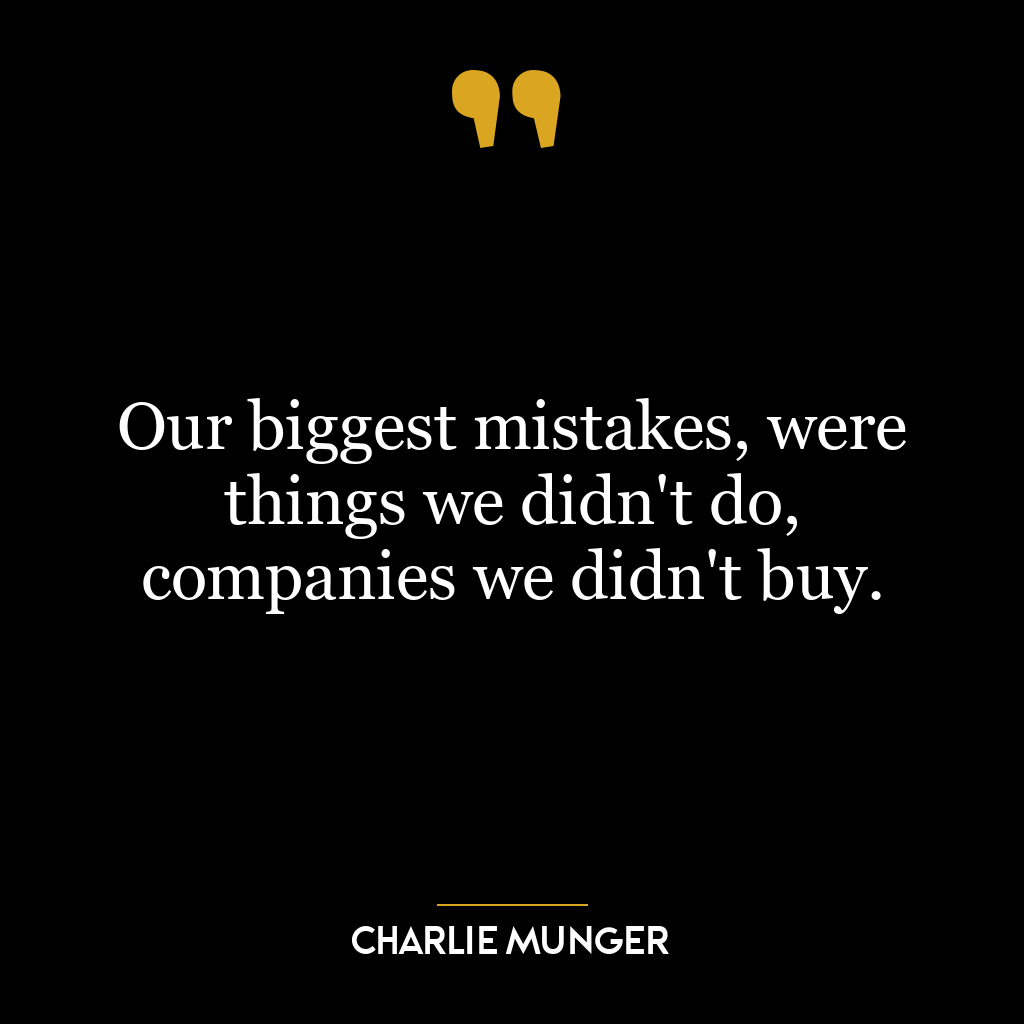This quote is an acknowledgment of the importance of taking risks in order to facilitate change and progress. It suggests that the world improves only when individuals or groups are willing to step outside their comfort zones, challenge the status quo, and risk failure or criticism in the pursuit of making things better.
In essence, the quote emphasizes that progress is not a natural occurrence, but rather, it’s the result of deliberate actions and risks taken by people who are not satisfied with the current state of affairs and strive for improvement. It’s a call to action, urging us to be brave, to take chances, and to be the change we wish to see in the world.
In today’s world, this quote could be applied in various contexts, such as social activism, technological innovation, or personal development. For instance, in social activism, significant changes in society, such as the civil rights movement or the fight for gender equality, have only been possible because individuals were willing to risk their lives, reputations, and personal safety to fight for what they believed in.
In the realm of technology, advancements often come from those willing to risk time, money, and even their careers to bring their innovative ideas to life. Innovators and entrepreneurs often face significant risks, including financial instability and failure, in their pursuit of creating something new and better.
On a personal level, this quote could serve as a reminder that personal growth and development often require us to take risks. Whether it’s pursuing a new career, moving to a new city, or starting a new relationship, these changes often involve stepping into the unknown and risking failure or disappointment. However, without taking these risks, we may never realize our full potential or achieve our goals.
In conclusion, the quote suggests that risk-taking is an essential component of progress and improvement, both on a societal level and on a personal level. It serves as a reminder that we should not shy away from taking risks, as they are often the catalyst for significant and positive change.








